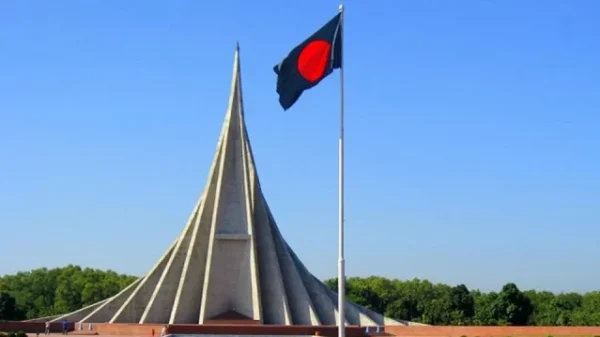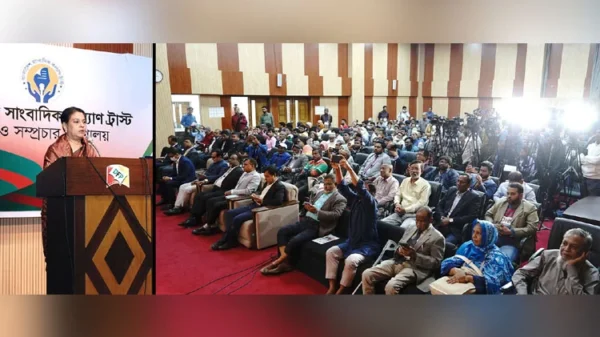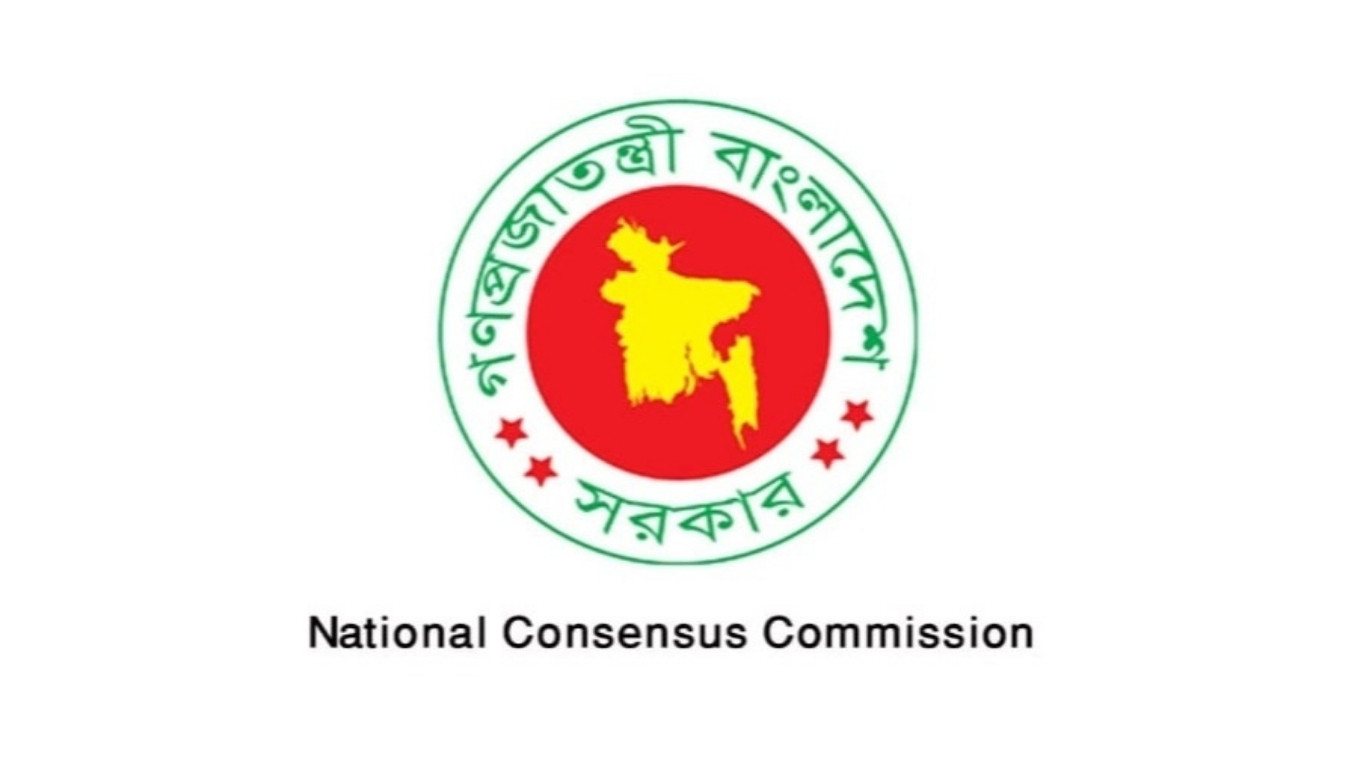Staff Reporter:
The National Consensus Commission has recommended four possible mechanisms for implementing the July Charter- referendum, ordinance, executive order, and special constitutional order.
The proposals were presented on Thursday afternoon at a meeting with political parties at the Foreign Service Academy in the capital.
According to the Commission, political parties had suggested various approaches to give constitutional effect to the July Charter.
These included holding a referendum on the entire charter or parts of it, issuing a special constitutional order under the president’s executive authority, forming a constituent assembly through elections, implementing it through the 13th Parliament, transforming Parliament into a constitutional reform assembly, and seeking the opinion of the Appellate Division of the Supreme Court under Article 106 of the Constitution to determine whether the interim government can enforce the charter.
After reviewing these proposals, the Commission’s expert panel initially outlined five possible methods- ordinance, executive order, referendum, special constitutional order, and seeking the Supreme Court’s opinion under Article 106.
However, following further discussions, the Commission finalised four methods for implementing the provisions of the July Charter — especially on issues where differences of opinion or notes of dissent exist. These are- ordinance, executive order, referendum, and special constitutional order.













































